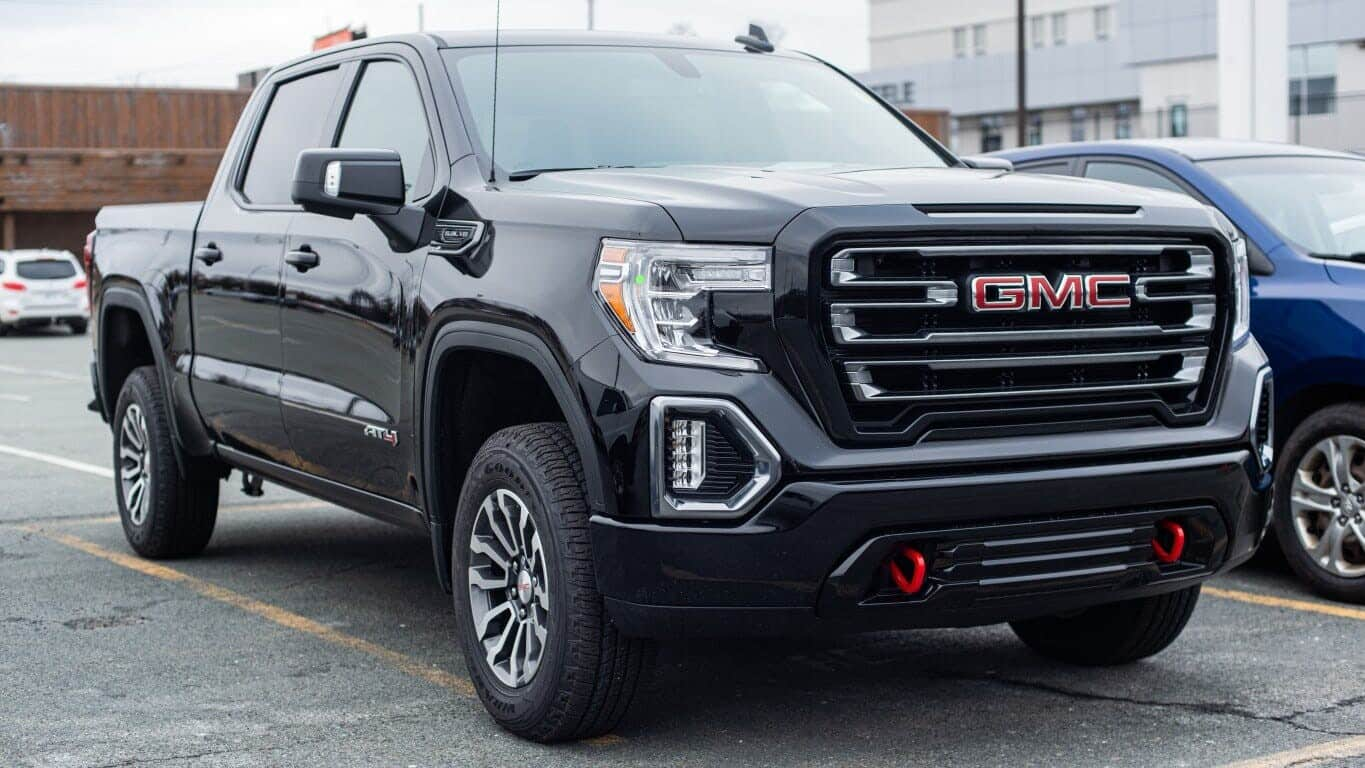
GM recalls over 132,000 vehicles in US over faulty tailgates
What's the story
General Motors (GM) has recalled 132,037 pickup trucks in the US over faulty tailgates.
The company had previously issued a major recall in February, when it flagged potential issues with 323,232 Chevrolet Silverado HD and GMC Sierra HD.
The latest recall also involves the same models from the 2024 production year, but only those with power-locking manual tailgates.
Issue explained
Water intrusion triggers tailgate malfunction
The tailgates of these trucks malfunction due to water entering the power switch that operates the lock.
This may lead to the tailgate unlocking and falling open unexpectedly, creating a possible safety risk.
The problem is not restricted to any particular cab configuration or drive type but only affects models with a power-locking manual tailgate.
Probe results
Investigation reveals extent of tailgate problem
The decision to expand the recall was triggered by a report of a 2024 GMC Sierra HD 3500's gate opening unexpectedly and hitting a trailer tongue.
The incident prompted GM to launch an extended investigation, which revealed 237 field complaints about similar issues.
Despite the reports, there have been no known accidents or injuries related to this problem so far.
Remedy
Safety measures and solution for tailgate issue
GM has clarified that the tailgate cannot unlock while the truck is in motion, due to a safety feature in the body control module.
The module overrides input from the power lock on the tailgate, thus keeping it locked until the truck is stationary and shifted into park.
To fix the issue, GM will replace affected switch assemblies with upgraded parts more resistant to water intrusion.
Recall process
GM initiates recall notification process
GM has already started notifying dealers about the exact vehicles affected by this recall.
The company will start informing owners of these trucks from January 13, 2025.
This move comes as part of GM's strategy to ensure that all potentially affected vehicles are identified and fixed in a timely manner, minimizing any further risk to drivers and passengers.